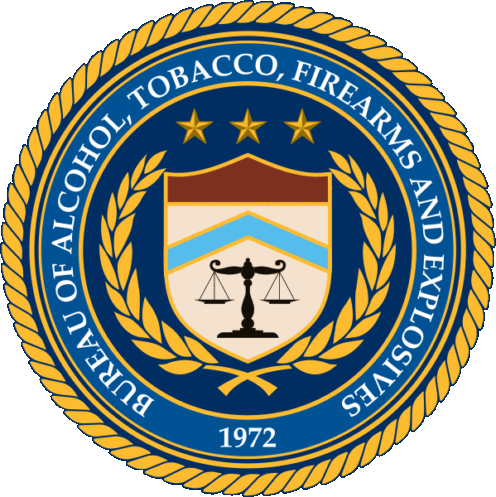Key Takeaways
All personnel involved in the CGIC process - from the recovery of crime guns and evidence cartridge cases (e.g. patrol officer, investigators, evidence technician), to the evaluation of leads and confirmation of hits (e.g. ATF contractors, police department and ATF analysts) - should routinely be provided with feedback by the original case investigator(s) and CGIC Investigative/Analysis Unit investigators to reinforce the importance of the CGIC program and the critical role each plays in its success. Feedback can be both formal and informal. Feedback takes place throughout the process but is emphasized following arrest and prosecution.
Resources
Types of Feedback
- Feedback to Street Level Officers and Evidence Technicians
- A CGIC Investigative/Analysis Unit supervisor sends executive summaries to all CGIC partners, public information officers, affected district/precinct commanders, and current case investigators and their supervisors on cases resulting in a notable arrests and/or successful prosecution. The summary identifies all investigators associated with the case(s) and all patrol officers or evidence technicians who recovered cartridge cases or a firearm in the case, so all are made aware of the successful case closure and are recognized for their efforts on the case. This formal process reinforces the effectiveness of the CGIC process and enhances the sustainability of the CGIC.
- Develop and Share CGIC Success Stories with Internal Partners
- The CGIC produces posters or other visual materials, such as flyers or videos, to highlight notable successful NIBIN-related case closures. This visual display of success will reinforce the effec- tiveness and the success of the CGIC process.
- CGIC-Specific Community Outreach
- CGIC leadership, investigators, and local and federal prosecutors attend community meetings to discuss gun violence and the efforts being taken by the CGIC and its partners to identify, investigate, arrest and prosecute persons responsible for local gun crimes, so further violence can be prevented. Successful cases involving crimes that impact the community are highlighted.
- Prosecutor Feedback
- Local and federal prosecutors provide follow up to all investigators, patrol officers, evidence technicians, and laboratory personnel following the successful prosecution of cases so all are made aware of the case disposition.
- Conduct Analysis of Cases Not Accepted for Prosecution
- Develop a feedback assessment process regarding NIBIN cases that were not accepted for prosecution. The process should clarify why these cases were not accepted and what course of action could be taken in future cases to enhance the likelihood of acceptance.




